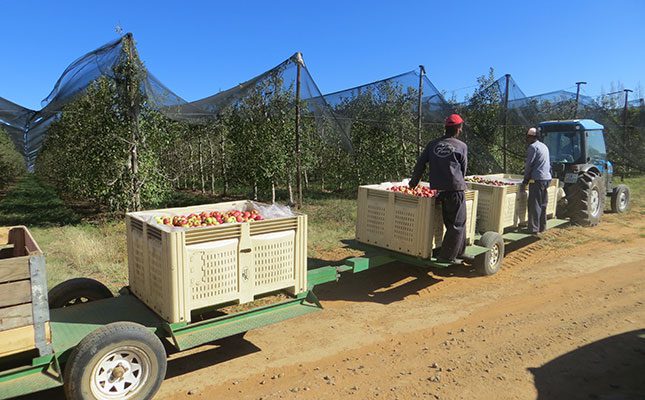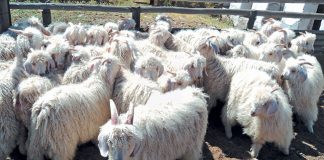
Photo: FW Archive
This comes after the Department of Home Affairs extended the validity of exemption permits from the end of June until 31 December 2023, due an influx of up to 1 500 visa and waiver applications a day from affected Zimbabweans since the start of June.
Christo van der Rheede, CEO of Agri SA, said the organisation welcomed the extension, as South African farmers were heavily dependent on foreign labourers. This was no different to the US, which sourced workers from Mexico and even South Africa, and the EU, which employed workers from North Africa.
“These foreigners are not threatening South African employment opportunities, but rather filling in spots where there’s a shortage of local labour. By doing this, they’re making a valuable contribution to South Africa’s economy. We feel that government should make it easier for them to stay in the country,” Van der Rheede said.
According to Agri SA’s Centre of Excellence, merely 5,3% of people working across the country were foreign-born, and in 2017 Statistics South Africa recorded only 94 481 out of 810 000 workers in the agriculture sector as migrants.
In addition, the majority of skilled agricultural workers had been found to work and live in the province in which they were born, with local employees filling most high-paying jobs, such as packhouse workers, farm supervisors, managers and foremen. Foreigners occupied mainly labour-intensive jobs at the primary production level.
According to Agri SA’s Centre of Excellence, Zimbabwean exemption permit holders needed to apply in person for visas to extend their stay in South Africa. Alternatively, farmers could apply for corporate visas to help these Zimbabweans remain in the country, but this had long been a point of frustration for farmers, as job applicants had to prove they were not depriving local workers from filling positions.
Kobedi Pilane, CEO of the African Poultry Producers, also welcomed the extension, saying: “It’s better to take a cautious approach to ensure that nobody who should get a visa to stay is overlooked.”
He agreed that foreigners were making a valuable contribution to South Africa’s agriculture sector, but added that they needed to be in the country legally in order to prevent their exploitation, which could result in their doing jobs that could have been filled by South Africans.
“South Africa has such a high unemployment rate; we should only source foreign workers if local talent is unavailable. And when employing foreigners, they should enjoy the same benefits and income as their local counterparts,” Pilane said.













